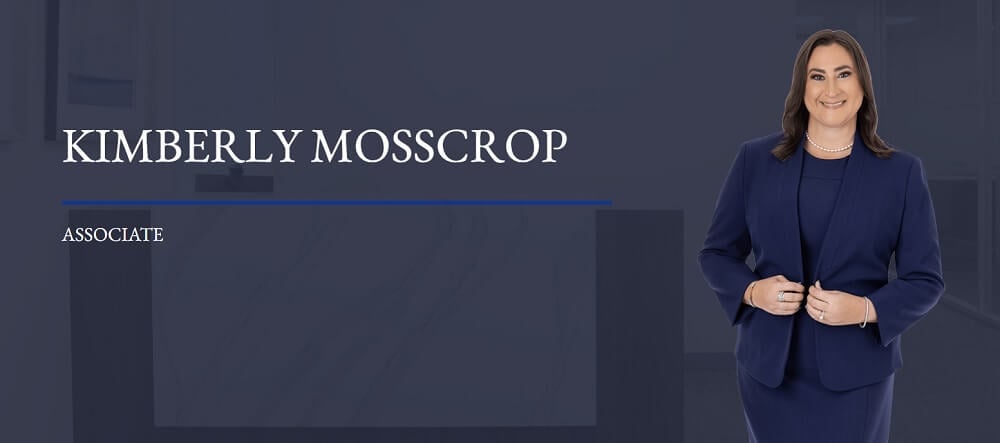Delaying Medicaid planning can have a dramatic effect on one’s estate. If done poorly or not at all, there may be nothing left of your hard-earned assets to pass on to loved ones. It can also be quite complex. Qualifying for Medicaid in New York often involves complicated advanced planning, so it’s a good idea to consult a Medicaid planning professional early in the process.
What is Medicaid planning?
Unfortunately, due to the nature of healthcare in the U.S. and the high cost of long-term care in New York, most people will need Medicaid assistance at some stage later in life. The two primary goals of Medicaid planning are satisfying eligibility and protecting assets from Medicaid estate recovery after one’s death.
Like retirement, Medicaid planning is one of those tasks we should start long before we need it. If we’re lucky, we won’t need to consider Medicaid benefits until late in life. However, we all run the risk of needing long-term care earlier than expected, whether it be due to illness or an accident, so the earlier we start planning, the better.
What does Medicaid planning entail?
A large part of Medicaid planning revolves around financial eligibility. Though the program aims to help those with limited means, the reality of our healthcare system is that even well-off people may run out of money under the right circumstances. There are several ways to spend down and restructure one’s finances to satisfy these criteria, though, with rare exceptions, one must do this, under current law for Chronic Care Medicaid, at least five years before they apply.
Popular ways to spend down one’s estate include:
- Literally spending the money by prepaying for funeral arrangements, paying off the mortgage, home repairs, and buying a new vehicle.
- Purchasing long-term care insurance.
- Place assets, such as your home, in an irrevocable trust.
As with any financial matter, use caution
Whether or not it’s done intentionally, Medicaid fraud is a felony with harsh punishments. Again, consulting an attorney or financial planner is crucial to ensure one adheres to the law.


